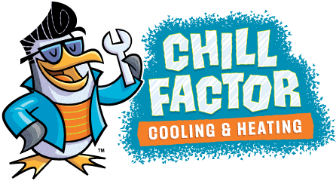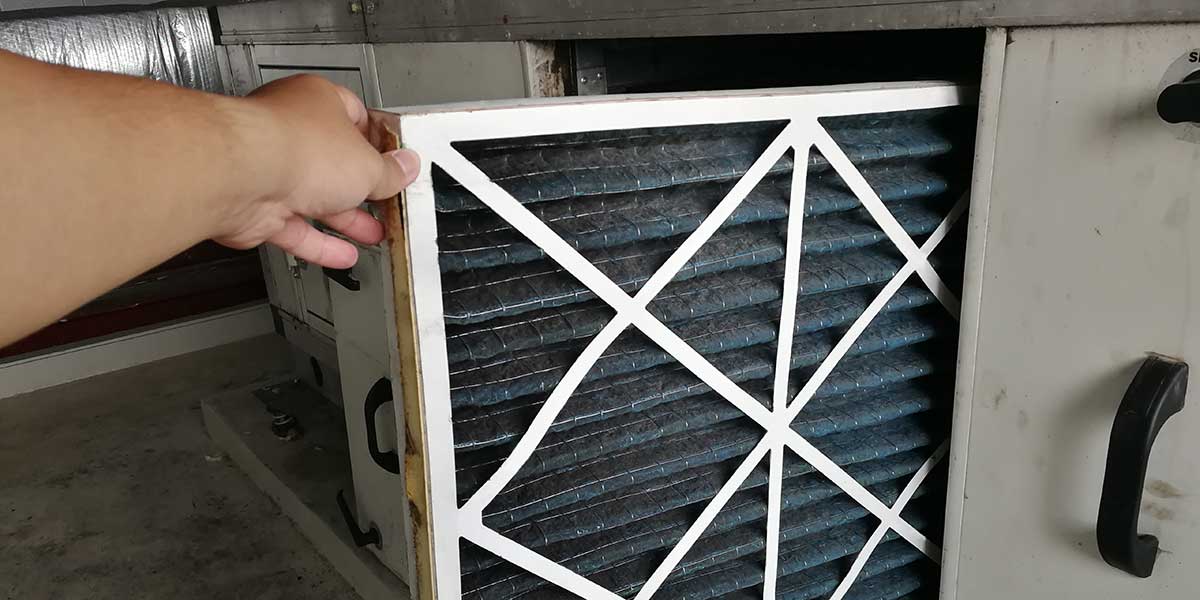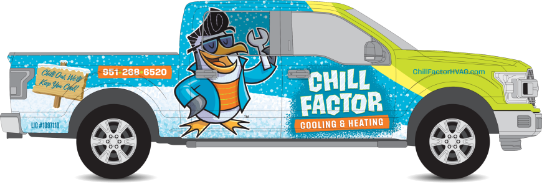Regular Filter Replacement Is Essential for System Performance
One of the easiest ways to keep your heating and cooling system at its best is by swapping out a dirty air filter. Far too many homeowners need unexpected heating and AC repair in Norco, CA, because they neglect this key component. Knowing how often to change HVAC air filters makes a huge difference in how well the system works.
In addition to preventing overheating, routine filter replacement improves the equipment’s energy efficiency and your indoor air quality. While you don’t want to miss out on these benefits, excessive filter changes could be a waste of money.
What’s the ideal filter replacement schedule? Our experts break down everything you need to know to keep your household breathing easy.
Six Factors That Influence Filter Replacement Frequency
HVAC technicians generally recommend swapping out your air filter every 30 to 90 days. Finding where your household falls within this range depends on some important factors. Take a closer look at which ones may affect your HVAC maintenance needs.
1. How Much You Run the System
If you ask an expert how often to change HVAC air filters, they’ll tell you it depends on how much use your system gets. In Southern California, hot temperatures could lead you to run your air conditioner consistently from May to October. Cooling systems may get less use in more temperate climates and, therefore, require fewer filter changes.
Evaluate your normal heating and cooling habits. During the peak season, be mindful of your system’s performance. You may have to swap out the filter more frequently to keep it operating at its best.
2. The Size of Your Household
Suppose two neighbors each change their air filters once every three months. One neighbor lives by themself, while the other has a spouse and three children living with them. By the time each of them changes their filters, they could have very different results.
The neighbor who lives alone may continue to breathe relatively clean air and find that the filter is only slightly dirty. The one with a five-person household could notice a significant dip in their indoor air quality after months of using the same filter.
Homes with more occupants tend to generate more dirt and allergens. As a result, they benefit from more frequent filter changes.
3. Whether You Have Pets
Figuring out how often to change HVAC air filters doesn’t just boil down to a home’s human occupants. Pets contribute to clogged filters, too.
Significant airflow restriction could lead your equipment to work harder, driving up energy costs. Clogged filters may also affect your indoor comfort and potentially cause your equipment to shut down. Play it safe by changing them before they get too dirty.
Having furry friends in your house means more allergens in the air, including pet fur and dander. Mitigate them by replacing your HVAC filter more frequently. For instance, if you used to swap out the filter every three months as an animal-free household, adjust the replacement schedule to every two months upon bringing home a four-legged companion.
4. The Type of Filter You Use
A technician can’t tell you how often to change HVAC air filters without knowing which type you use. Industry professionals work with three common types of filters:
- Pleated: This cost-effective option usually maintains the air quality for about 30 days.
- Fiberglass: Fiberglass filters trap allergens for up to 90 days before they clog.
- HEPA: A high-quality HEPA filter can last between six and 12 months.
After an expert identifies your system’s filter, they can recommend a personalized replacement schedule. Bear in mind that the product used isn’t the only deciding factor.
If you opt for a fiberglass filter, you can go up to 90 days without changing. However, it may be in your best interest to replace it every 60 days if you frequently use your HVAC equipment and have children and pets in the household.
5. Overall Air Quality
Your indoor air quality can suffer based on your home’s location and your daily routine. Countless allergens can circulate in the home just by lighting a candle or using a select cleaning product. Your air filter will trap as many as possible, but once it clogs, the pollutants will continue to travel throughout the space.
Avoid smoking inside the house and be mindful of how activities like cooking over a flame and cleaning can affect indoor air quality. Limiting the amount of pollutants generated inside can help you get more use out of your HVAC filter.
Your home’s location also plays a significant role in determining how often you need to replace the component. Perhaps you live in an area undergoing a lot of new development. Ongoing construction could send plenty of dust and dirt into the air and eventually inside your home.
If the outdoor air quality isn’t great, you may need to change your filter more frequently.
6. Respiratory Health Conditions
Finally, figuring out how often to change HVAC air filters involves assessing your health.
Do you suffer from severe allergy symptoms when pollutants fill the air? Are you living with asthma or a similar respiratory condition? Letting your HVAC filter clog with pollutants allows more particles to fill your home and irritate your respiratory system.
For optimal health, it’s better to replace the component more often.
Contact Our Specialists for Professional HVAC Maintenance
Now that you know how often to change HVAC air filters, you can enjoy cleaner air and keep your system running efficiently. Ignoring routine filter changes can affect the life of the unit, as can skipping basic maintenance. Let Chill Factor Cooling & Heating take care of your equipment with professional HVAC services.
We perform comprehensive tune-ups of both heating and cooling systems, as well as long-lasting repairs. If your system is nearing the end of its lifespan, count on us to install a brand-new model. Request an estimate today by calling (951) 268-6520.




